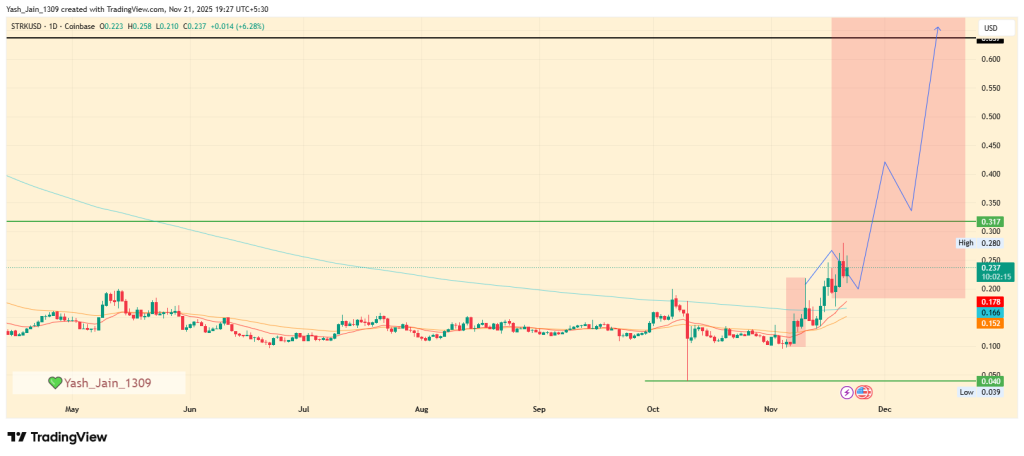Ethereum co-founder Vitalik Buterin has proposed the use of pluralistic IDs to protect privacy and fair access. According to his blog post, Buterin said the new digital identity system, which he dubbed “pluralistic identity,” could help protect user privacy while enabling fair participation in digital life.
In his latest blog post, Buterin discussed the promise and disadvantages of zero-knowledge (ZK) proof-wrapped IDs, warning that even privacy-preserving systems can carry real risks if they are rigid with the enforcement of one identity per person.
He added that many new digital ID projects are using zero-knowledge proofs to let users prove they have a valid ID without giving away personal details.
Vitalik Buterin discusses the risks of ZK-wrapped IDs
In his post, he made an example of World ID , which has seen more than 10 million users. According to a post made in January by World, which was formerly known as Worldcoin, it had verified 10 million users on its digital identity network, using its network of orbs to collect data to establish proof of their personhood, an identifier that verifies them as human.
Other projects include Taiwan’s digital ID project and the European Union initiatives increasingly adopting ZK technology.
“ZK-wrapping solves a lot of important problems,” he wrote in his post . However, he warned that “ZK-wrapped ID still has risks,” especially because enforcing one ID per person can undermine pseudonymity and expose users to coercion.
This means that platforms could force users into one key entity so that they can track and identify them. This way, they would be able to eliminate the possibility of users maintaining numerous pseudonymous profiles.
“In the real world, pseudonymity generally requires having multiple accounts,” he said. Buterin argued that without this flexibility, users could find themselves in a world where all of their activity must de facto be under a single public identity,” increasing dangers from government to employer surveillance.
He also rejected the idea of using proof of wealth alone as an anti-Sybil measure, saying it excludes people unable to pay and moves power only among the wealthy. “The theoretical ideal is something in the middle, where you can get N identities at a cost of N²,” he said.
Pluralistic identity system to eliminate single control
To achieve this approach, Buterin proposed the use of a pluralistic identity system, where no single authority controls identity issuance. He mentioned that it is the “best realistic solution” in this scenario.
He explained that it could be explicit, using social-graph-based verification like Circles, or implicit, relying on multiple ID providers like government documents, social platforms, and others, so no one ID has a near-total market share. “Any form of pluralistic identity… is naturally more error-tolerant,” he noted.
Buterin also said that this flexibility is expected to help stateless individuals and those unable to access traditional IDs. Ultimately, he argued that the best outcome would be to merge one-per-person identity schemes with social-graph systems to bootstrap diverse, global identity networks.
“If their market share gets too close to 100%, they shift the world… to a one-per-person model, which has worse properties,” he warned, noting that only pluralistic identity can balance privacy, inclusivity, and resistance to abuse.
Users on blogging platforms have also reacted to the latest blog post, with most of them inputting their opinions. Most of them approved his choice of Circle, noting that it could help users.
“Vitalik sees @aboutcircles as one of the most important live experiments in decentralized identity. Circles is born to be an alternative to the traditional money system, but might also represent a pluralistic alternative to top-down identity systems,” a user said.
KEY Difference Wire helps crypto brands break through and dominate headlines fast


